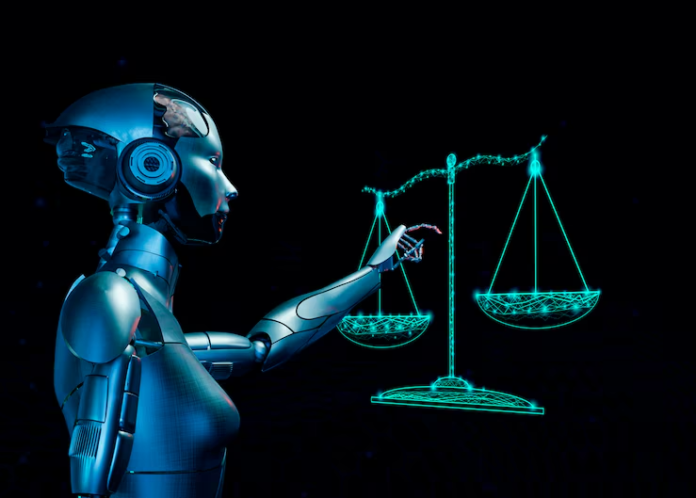In an increasingly digital world, the integration of artificial intelligence (AI) into our daily lives brings both promise and ethical complexities. As AI algorithms influence everything from job recruitment to criminal justice decisions, society grapples with fundamental questions about fairness, accountability, and human dignity.
Take, for example, the issue of bias. AI systems, powered by algorithms, learn from vast amounts of data. But what happens when that data reflects historical prejudices or societal inequalities? It’s a question that haunts many facets of AI, from facial recognition software that struggles to identify people with darker skin tones to hiring algorithms that inadvertently favor certain demographics. Addressing these biases requires a concerted effort to diversify datasets, scrutinize algorithms for fairness, and continuously monitor their impact.
Transparency is another ethical tightrope. As AI systems become more sophisticated, understanding how they arrive at decisions can feel like deciphering hieroglyphics. Yet, transparency is essential for accountability. Users deserve to know why an AI-driven loan application was denied or how a self-driving car navigates complex ethical dilemmas on the road. Balancing proprietary interests with the public’s right to know is a delicate dance that requires collaboration between technologists, policymakers, and civil society.
Then there’s the question of responsibility. When an AI system makes a mistake or causes harm, who should be held accountable? Should it be the developers who wrote the code, the users who deployed it, or the AI system itself? Navigating this ethical minefield requires clear guidelines and legal frameworks that assign accountability without stifling innovation.
Privacy is yet another ethical battleground. AI thrives on data, but at what cost to personal privacy? From smart home devices that listen to our conversations to predictive policing algorithms that target vulnerable communities, the collection and use of personal data raise profound ethical concerns. Safeguarding privacy rights while harnessing the benefits of AI requires robust regulations and ethical guidelines that prioritize individual autonomy and consent.
Amidst these ethical dilemmas, there’s a growing recognition of the need for ethical AI practices. Companies are investing in ethics training for their developers, policymakers are drafting regulations to ensure fairness and transparency, and civil society is demanding accountability and oversight. But the journey towards ethical AI is far from over. It requires a collective effort to strike a balance between technological innovation and human values, ensuring that AI serves the common good while upholding fundamental ethical principles.




